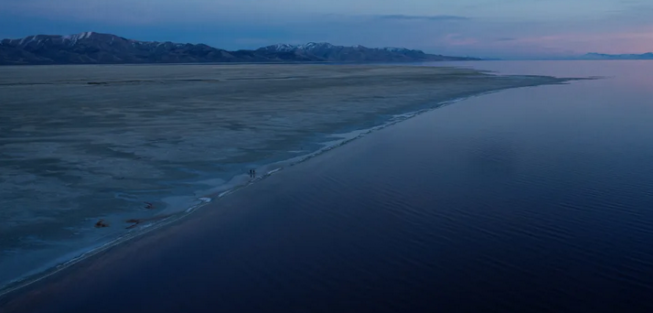If the Great Salt Lake, which has already shrunk by two-thirds, continues to dry up, here’s what’s in store:
The lake’s flies and brine shrimp would die off — scientists warn it could start as soon as this summer — threatening the 10 million migratory birds that stop at the lake annually to feed on the tiny creatures. Ski conditions at the resorts above Salt Lake City, a vital source of revenue, would deteriorate. The lucrative extraction of magnesium and other minerals from the lake could stop.
Cancer vanishes in every single patient in small trial
Most alarming, the air surrounding Salt Lake City would occasionally turn poisonous. The lake bed contains high levels of arsenic and as more of it becomes exposed, windstorms carry that arsenic into the lungs of nearby residents, who make up three-quarters of Utah’s population.
Read more: The New York Times
Ask me anything
Explore related questions





